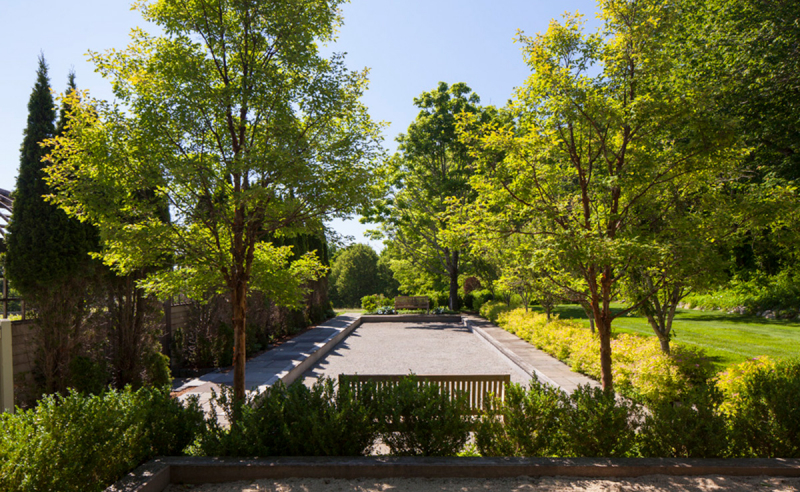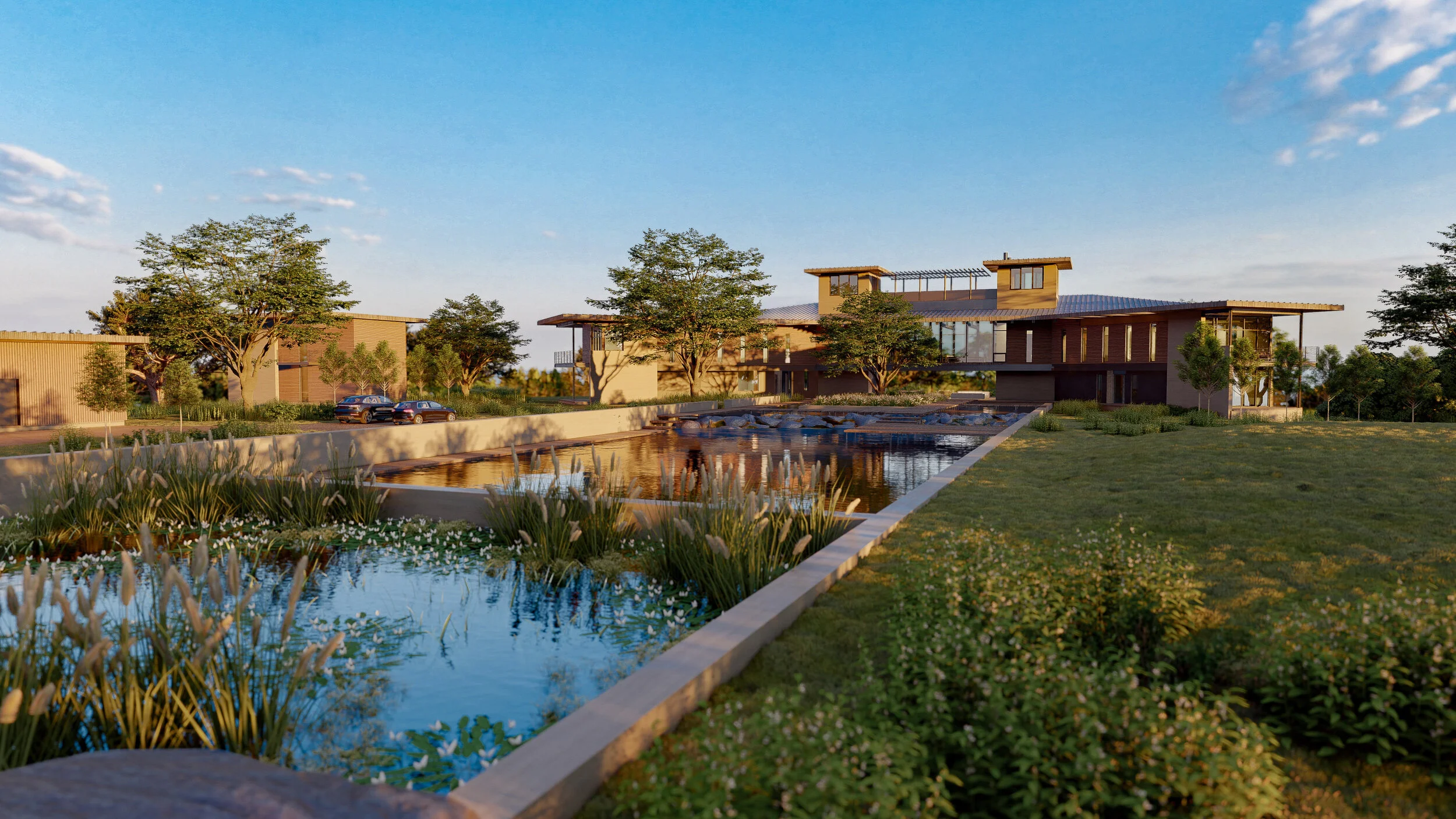About Landscape Design
The five steps of the layout procedure consist of: 1) performing a website inventory and evaluation, 2) identifying your needs, 3) developing practical diagrams, 4) developing theoretical style plans, and 5) drawing a final style plan. The very first 3 actions develop the visual, practical, and horticultural demands for the layout. The last 2 actions after that use those requirements to the development of the last landscape plan.
This is a vital step for both plant choice and placement and locating family tasks and features. It is essential since the same environment problems that affect the plantstemperature, humidity, rain, wind, and sunlightalso affect you, the user. The next step is to make a listing of your demands and desiresthis helps you figure out how your backyard and landscape will be made use of.
The functional diagram is then utilized to situate the activity areas on the site and from this representation a theoretical plan is developed. The last action is a last layout that includes all the hardscape and planting information that are essential for setup. Throughout the layout procedure there are ten essential points to consider: for plant selection and activity area by considering what you desire and require to aid identify shapes and arrange spaces by assigning activity areas and relating to aspects for both the environment and the user by utilizing massing and layering techniques such as shift areas and focal points in the products, the colors, and the surface area textures for the growth and upkeep of plants by utilizing sustainable style practices A comprehensive stock and analysis of the site is essential to identify the ecological conditions for plant development and the very best use the site.
The Facts About Landscape Design Revealed
The kind of soil figures out the nutrients and wetness available to the plants. It is constantly best to use plants that will certainly prosper in the existing soil. Soil can be amended, modification is frequently pricey and the majority of times inefficient. Existing greenery can offer ideas to useful source the soil kind. Where plants expand well, keep in mind the dirt problems and make use of plants with similar expanding needs.

Sun/shade patterns, the amount and length of direct exposure to sun or shade (Figure 1), create microclimates (sometimes called microhabitats) - Landscape Design. Recording site problems and existing plants on a base map will certainly disclose the area of microclimates in the lawn. Plants usually come under a couple of of 4 microclimate categories-full sunlight, partial shade, color, and deep color
Indicators on Landscape Design You Need To Know
Energies such as power lines, septic storage tanks, underground energies and roof overhangs establish plant place. Make use of a property surveyor's plat of your property for the boundaries and place of your home.


Determine the time and cash you are willing to put into maintaining the plants and hardscape-be realistic about your purposes and capability. Recommended usage locations. Credit: Gail Hansen, UF/IFAS There are numerous various landscape layout themes- from easy to complicated, however it is valuable to select one to guide your plant and product option.
Many individuals locate it helpful to search in horticulture publications and books for ideas. This is an excellent beginning, but be conscious that the gardens in the images were chosen since they are exceptional instances. Take a look at the images with a critical eye to collect concepts that you can adjust to your interest degree, your spending plan and your website.
Decide if you desire to open your backyard, close your yard, or a little of both, to these sights (Landscape Design). In various other words, do you desire the yard to confine the area around you and connect mostly to your home, or do you want the yard to open views and look outside, associating with the environments? This will provide you a starting point to consider a motif
The 7-Minute Rule for Landscape Design
This is called "feeling of area", which indicates it article fits with the environments. There are both kind themes and design themes. Every yard needs to have a kind motif, yet not all gardens have a design motif. Actually, several residential yards have no particular design except to blend with the residence by duplicating details from the design such as materials, shade, and type.
In a type style the organization and form of the rooms in the lawn is based either on the form of your house, the shape of the areas in between your home and the property limits, or a favored shape of the homeowner. The form theme figures out the form and organization resource (the layout) of the spaces and the links in between them.

Comments on “The Main Principles Of Landscape Design”